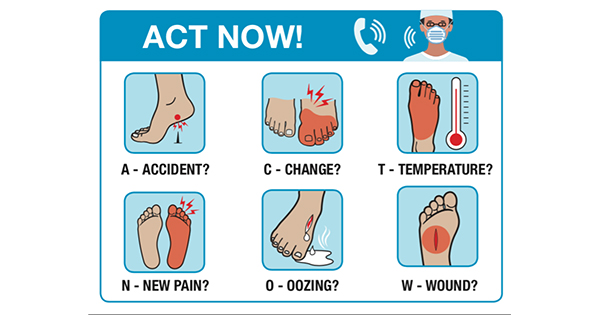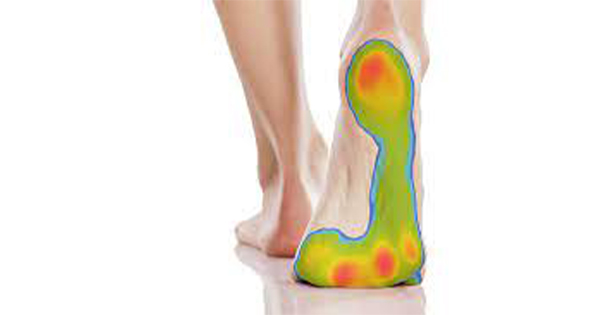We have announced in a previous issue (Volume 7, No 2, page 68) plans for a new project designed to study aspects of the acute Charcot foot. We are now pleased to report that funding for the project – to be known as Charcot in Diabetes UK (CDUK) – has been approved by Diabetes UK. The Diabetic Foot is 100% in support of the new organisation, and hopes it will be the forerunner of effective new research networks in the UK. The Charcot foot is an uncommon problem, but by sharing individual experience it will be possible to study far more cases than will ever be possible in a single unit. CDUK will be coordinated by a small team from which the members will retire in sequence, and be replaced by people with new ideas. The initial team comprises:
- Neil Baker (diabetes specialist and research podiatrist, Ipswich Hospital)
- Mike Edmonds (consultant physician and specialist in diabetic complications, especially the diabetic foot, Kings College Hospital, London)
- William Jeffcoate (consultant endo-crinologist, City Hospital, Nottingham)
- Geraint Jones (consultant diabetologist, Blackburn Royal Infirmary)
- Ed Jude (consultant diabetologist, Tameside General Hospital, Lancashire).
Blackburn will be the administrative base.
The CDUK database
The first project will be to establish an electronic database on which any clinician (nurse, podiatrist, doctor or other) can register anonymised details of any new case (ideally, of every new case) of acute Charcot foot in diabetes. To ensure that we record as many cases as possible, the details required will be minimal. The main aim is to define the treatments used, the incidence of secondary ulceration and infection, and the time taken before the person is walking in shoes again. In this way it will be possible to obtain a better idea of prognosis than is available from published reports. Once the new organisation is up and running it is intended that it will be used as the basis for a new collaborative audit as well as for nationwide prospective research designed to define optimal management.
How to get involved
Any reader who wishes to register an interest in the new organisation and would like to take part in this important new study, should log onto its new (embryo) website – www.charcot.org.uk – and leave their contact details. They will then receive further details in the not too distant future.
It is intended that all communication and data entry will be via e-mail and the web. If any clinician in UK feels that this will limit their ability to participate and would prefer to have a hard copy, paper-based option, they should contact Sheila Clarkson (01254 294560; enquiries@charcot.org.uk) and leave their details with her.





